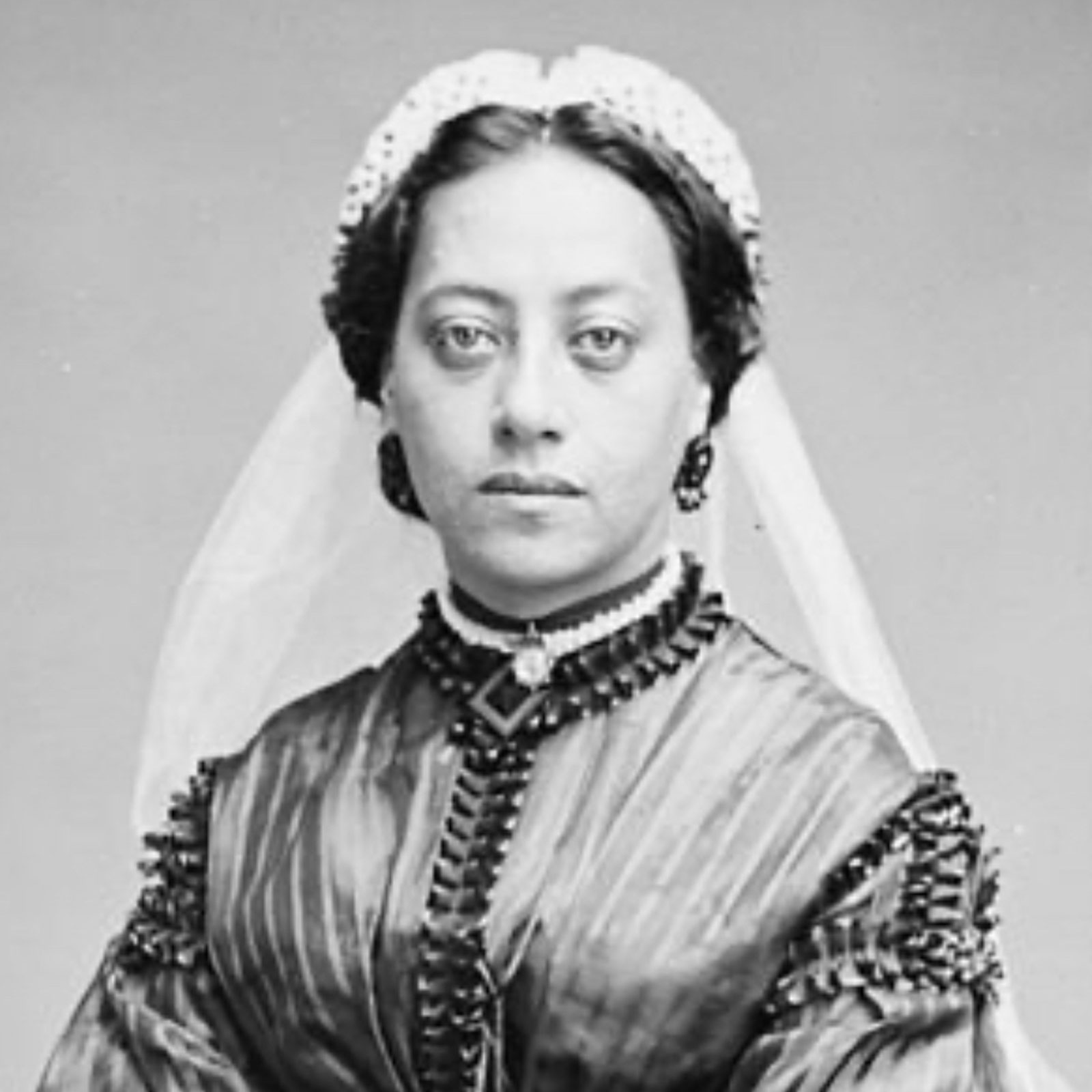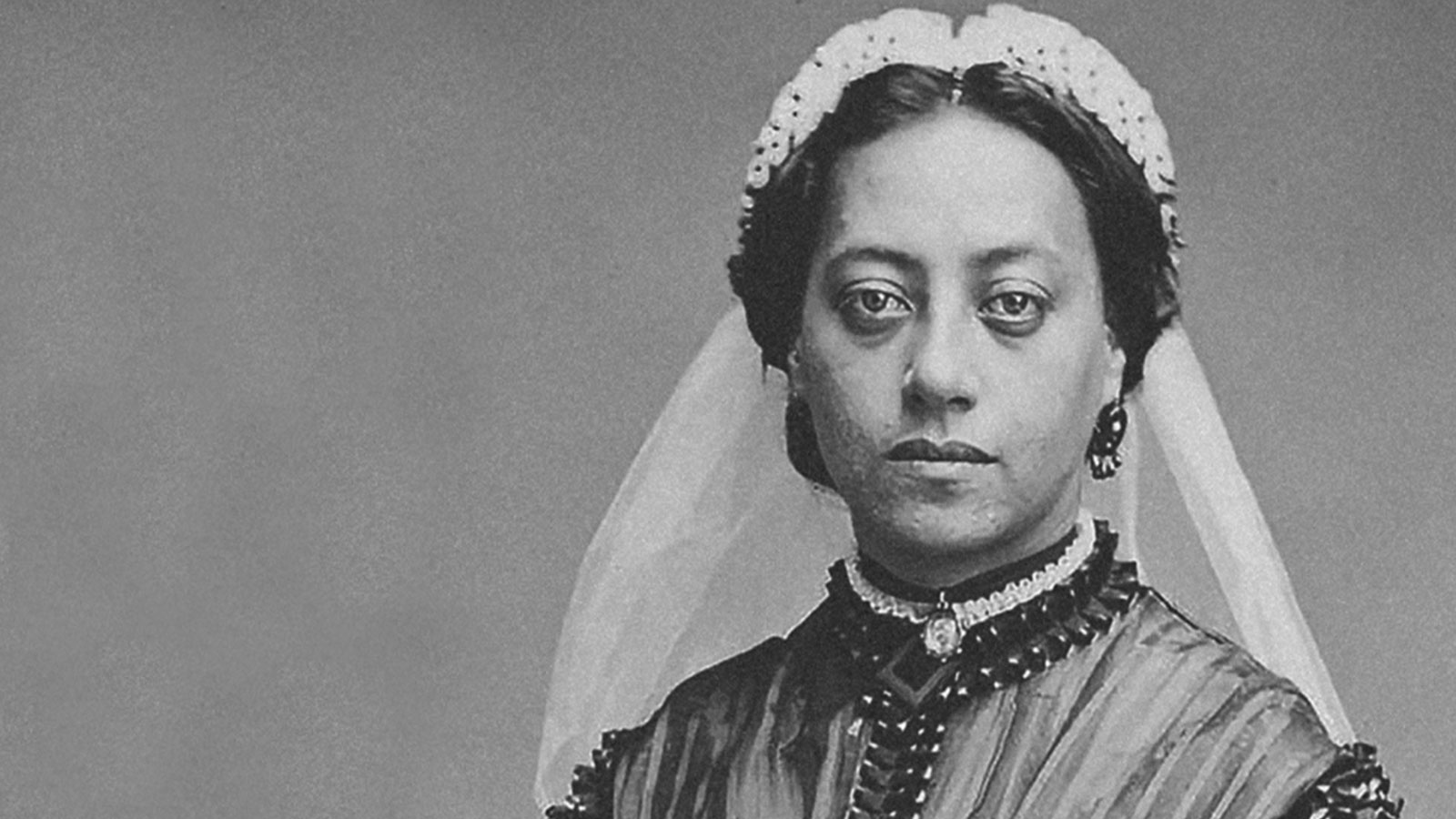Overview:
Originally published on Feb. 3, 2019 in The Haitian Times, this article explores the life of Mary Ellen Pleasant, a Haitian-descended entrepreneur and abolitionist who used her wealth and influence to fight for civil rights in 19th-century America. Despite backlash, she remained a powerful force for justice.
Few women in the 1800s captivated society with as much ambition and cleverness as Mary Ellen Pleasant. According to various sources, she was born into slavery on a Georgia plantation to a Vodou priestess from the Caribbean and the youngest son of Virginia governor James Pleasant. As a young girl, she was sent to work as an indentured servant in Nantucket.

Mary Ellen Pleasant
Being a light-skinned Black woman, Pleasant often passed as white to avoid being captured and forced back into slavery. In 1852, she moved to San Francisco and became one of the wealthiest people in California while continuing to pass as a white woman.
During her lifetime, she amassed a multimillion-dollar fortune from the $45,000 in gold she inherited from the estate of her first husband, James Smith. Smith, a wealthy plantation owner, also passed as white. As a real estate innovator, Pleasant built boarding houses for high-society men, infiltrating elite circles to gain financial and social leverage, which she later used to develop more businesses.
Marjorie Charlot, a librarian of Haitian descent and author of Did You Know? – Over One Hundred Facts about Haiti and Her Children, explains the significance of Pleasant’s accomplishments as a marginalized person in the 19th century.
“She did things that women her gender were not known to be doing,” Charlot said. “She ran businesses, she had money of her own, she traveled. She took a role on the Underground Railroad. She was not one of those people who became famous and wealthy and forgot where she came from.”
A force in abolition and civil rights
Outside of white high society, Pleasant was a dedicated abolitionist who made her biracial identity known to the Black community. Known as the “Black City Hall,” she served as a link to the Underground Railroad, helping enslaved people escape as far north as Canada. She also provided employment to freed slaves in both her businesses and high-society homes in California.
Pleasant fought for the desegregation of the transit system in court, helping secure the right for Black passengers to ride streetcars without being forcibly removed. She was also said to have financially supported abolitionist John Brown in his failed 1859 raid on Harpers Ferry, an attempt to incite a slave rebellion.
Haitian heritage and Vodou backlash
Despite her many accomplishments, what many—especially within the Haitian community—may not know is that Pleasant was of Haitian descent. According to one of her memoirs, her mother was of Haitian heritage, and her grandmother was a Vodou priestess from Haiti.
In 1865, Pleasant began publicly identifying as Black and was met with hostility. She was vilified in the press, called a “mammy” to diminish her status, and accused of using Vodou to amass her wealth.
“They needed something to make her appear to be a negative person,” Charlot said. “‘What’s the best way? Brand her a Vodou person, something people don’t understand, things people are afraid of.’”
However, for Charlot, Pleasant’s Haitian heritage extends far beyond Vodou.
“There were women that fought just as well as the men in the [Haitian] revolution, and she carried that spirit with her,” she said. “I think she belongs to all Black communities—not just Haitian—but also to Blacks because she also embodied the spirit of the ancestors in Africa. Her work as a businesswoman is a tradition that goes back to ancient Africa. Women were traders in Africa. In fact, many started the gold trade. They controlled the market. Her activities were not something new to African culture.”
Charlot emphasized the importance of Haitian Americans recognizing the historical figures who helped shape the United States—particularly at a time when Black people were dehumanized. She noted that Haitian history in America predates the waves of migration in the 1960s and 1970s, when Haitians fled political unrest under the dictatorship of François “Papa Doc” and Jean-Claude “Baby Doc” Duvalier.
“I think it’s very important that Haitians in this country are aware that our contributions in this country go from the very beginning of this country,” Charlot said. “In fact, the first independent groups of Blacks to lead this country were actually from the island of Hispaniola.”
Source: The Haitian Times















